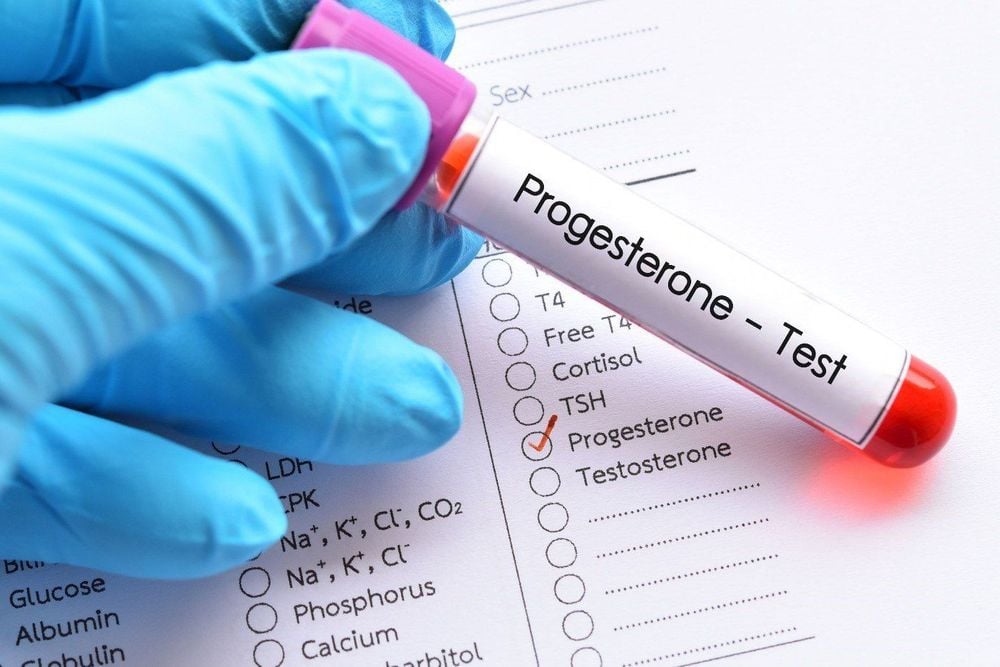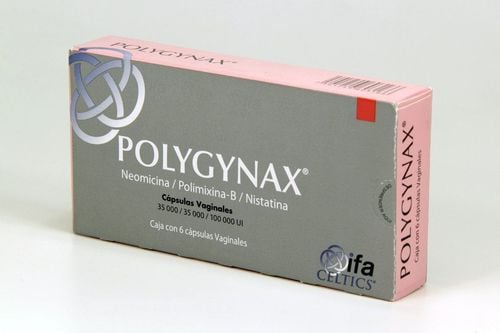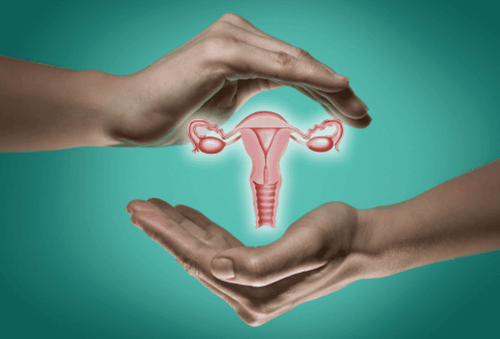This is an automatically translated article.
Progesterone is an important part of infertility treatment, with fertility specialists often prescribing progesterone supplements to help improve IVF pregnancy rates. A new study has shown that there can be fertility effects from a woman's progesterone levels during specific phases of the IVF cycle.1. Fertility and Progesterone
Progesterone is a hormone produced by the ovaries. It occurs in the middle of the menstrual cycle when an egg is released (ovulation). One of the most important functions of progesterone is to prepare the lining of the uterus (endometrium) to allow a fertilized egg (embryo) to implant.A successful cycle of IVF treatment requires precise timing for each of the stages:
The stimulation phase where many follicles are maturing. The recovery phase where mature eggs are obtained. The stage of fertilization in which an egg is fertilized with a sperm in a laboratory. The observation and development period in which each embryo is closely monitored in the embryo laboratory for 3-6 days. Finally, the embryo transfer stage, in which good-quality embryos are transferred back into the woman's uterus. If the progesterone levels at the time of hCG activation are elevated, your doctor may freeze all of the embryos on day 5. The purpose of this is to allow your ovaries to return to a resting state and possibly correct more accurate embryo transfer timing to maximize the probability of successful transfer.
2. Progesterone in luteal support
During an IVF cycle, medications are often used to prevent you from releasing an egg early (premature ovulation) to support the corpus luteum. These drugs affect progesterone levels. As a result, your doctor may prescribe a progesterone supplement to compensate for this decline in your ovaries' ability to produce progesterone.Areas of application of progesterone in luteal support include (each progesterone has its own domain of dominance):
Progesterone supplementation during the extra-reproductive luteal phase to assist in the setting of little variability in regulation gene. Progesterone supplementation during the reproductive luteal phase is intended to assist in the setting of dramatic alterations in gene regulation or in the setting of dramatic alterations in luteal function. Progesterone supplementation in luteal insufficiency-induced miscarriage and recurrent miscarriage in the context of Th1-Th2 cell imbalance. That way, the embryo can implant and grow inside the uterus. Many scientific studies have looked at pregnancy rates in IVF cycles using progesterone. Studies have shown that this rate is much higher than in cycles without progesterone.

Có nghiên cứu chỉ ra rằng tỷ lệ mang thai trong các chu kỳ IVF sẽ cao hơn nếu sử dụng progesterone
3. Progesterone Index in IVF
Studies have shown that embryonic retardation can reduce pregnancy rates, which may also be a factor for reduced embryo quality or the possibility of aneuploidy. They lead to asynchrony between the embryo and the endometrium, leading to a decrease in embryo implantation.The increase in progesterone levels in early IVF has the effect of reducing live birth rates in assisted reproductive cycles using autologous oocytes, possibly due to asynchrony between the embryo and the endometrium. Very few studies have evaluated the impact of an increase in progesterone on day 5 of oocyte maturation on the live birth rate of day 5 versus day 6 embryo transfers.
This study retrospectively reviewed data from 4120 patients. patients who received embryo transfer on day 5 and 230 patients with embryo transfer on day 6, using autologous oocytes, from 2011 to 2014.
Of these, patients with embryo transfer on day 6 had fewer viable embryos (73% compared with those receiving embryo transfer on day 6). 83%, p lower than 0.001) but blastocyst transfer rate was similar between the 2 groups (92% vs 91%, p = 0.92).
The live birth rate was lower in the day 6 embryo transfer group than in the day 5 group (34% vs 46%, p = 0.01).
Analysis of the data showed that a progesterone index higher than 1.5 ng/ml on day of oocyte maturation had a significant effect in the day 6 embryo transfer group compared with the day 5 embryo (p lower than 0.001).
The live birth rate in the day 6 embryo transfer group was only 8% lower than the day 5 embryo in the normal progesterone group, but this difference increased to 17% when the progesterone e index was higher than 1.5 ng/ml .
where p is a value representing a statistically significant difference that helps scientists decide whether their hypothesis is true or false. The p-value is used to determine whether the test result falls within the normal range of values observed.
The analyzed correlation between the progesterone index and the day of embryo transfer was shown to be statistically significant, showing that the progesterone index had a significant effect on the embryo transfer on day 6. In the aspiration cycles there were High progesterone index, embryos that were subsequently cryopreserved and embryo transfer did not show any difference between day 5 and day 6.
This study has shown asynchrony between embryos and endometrium in embryos. Slow growth may be the combined causes of the reduced live birth rate. In addition, an increase in progesterone in early IVF is a predictor of decreased live birth in patients undergoing day 6 embryo transfer.

Có nghiên cứu cho rằng, việc tăng progesterone trong IVF sớm là nhân tố tiên đoán cho sự giảm tỷ lệ sinh sống ở bệnh nhân chuyển phôi ngày 6
The decision to freeze embryos because of an early rise in progesterone can only be made near the end of the IVF cycle. Doctors monitor progesterone levels closely and if they see an increase, they will decide on the best strategy for the patient and share it with the patient. Sometimes, embryo transfer may be the best option, while at other times the decision may be to transfer the embryos without freezing to give them a chance to implant.
Vinmec International General Hospital is one of the hospitals that not only ensures professional quality with a team of leading medical doctors, modern equipment and technology, but also stands out for its examination and consultation services. comprehensive and professional medical consultation and treatment; civilized, polite, safe and sterile medical examination and treatment space. Customers when choosing to use medical examination and treatment services here can feel completely secure.
Customers can directly go to Vinmec Health System nationwide to visit or contact the hotline HERE for support.













